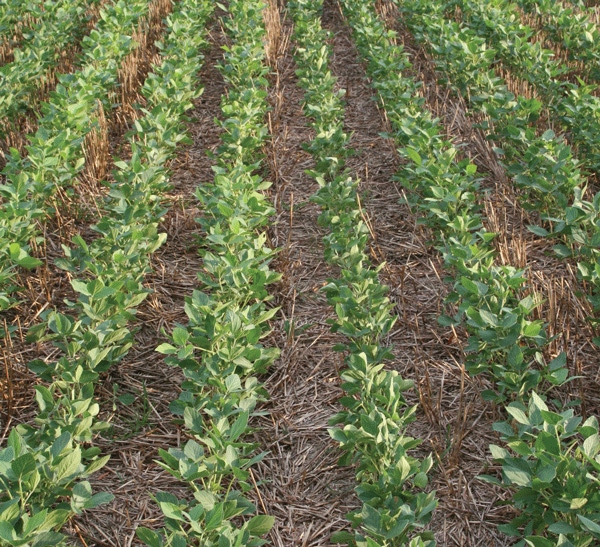
• ASA urges that Congress and the Administration support and pass this agreement now and take full advantage of the opportunity it provides for America’s economic growth.• The Panama FTA will prevent other countries, specifically other Latin and North American suppliers, from taking some of the current U.S. share of the Panamanian market.• The Panama FTA will benefit soybean farmers by removing immediately upon the entry into force of the FTA tariffs on U.S. soybeans, soybean meal, and crude vegetable oils.
April 19, 2011

The American Soybean Association (ASA) expresses appreciation to U.S. Trade Representative (USTR) Ron Kirk who says his office has completed its preparatory work on the U.S-Panama Free Trade Agreement (FTA) and stands ready to begin technical discussions with members of Congress on the draft implementing bill and draft statement of administrative action.
ASA urges that Congress and the Administration support and pass this agreement now and take full advantage of the opportunity it provides for America’s economic growth.
"The United States already has a large share of the Panamanian agricultural market that must be protected," said ASA President Alan Kemper, a soybean producer from Lafayette, Ind. "Averaged across all agricultural products, the United States supplies 53 percent of Panamanian agricultural imports. For the commodities most important to the United States, the share is more than 80 percent."
The Panama FTA will prevent other countries, specifically other Latin and North American suppliers, from taking some of the current U.S. share of the Panamanian market. In addition, Panama has completed a trade agreement with Canada. If this agreement goes into effect before the U.S. agreement, Canadian exporters will gain a significant competitive advantage over the United States in the market.
Should benefit soybean growers
The Panama FTA will benefit soybean farmers by removing immediately upon the entry into force of the FTA tariffs on U.S. soybeans, soybean meal, and crude vegetable oils. Tariffs will also be removed immediately for high quality beef, certain chicken products, frozen whole turkeys and turkey breast, and pork variety meats. In 2010, U.S. exports of soybean products to Panama were $65 million.
Soybeans and soybean products are the most important U.S. export commodity, with sales exceeding $23 billion last year. This represented over 50 percent of U.S. soybean production and 20 percent of total U.S. agricultural exports in 2010. Soybeans are the second largest commodity in the U.S. in terms of annual acreage and value, with 78 million acres planted and a farm-gate value of nearly $39 billion in 2010.
"ASA is also urging approval of the pending FTAs with South Korea and Colombia that would significantly improve access to foreign markets for U.S. soy and livestock products," Kemper said. "These three trade agreements combined represent almost $3 billion of additional agricultural exports to these trading partners."
ASA represents all U.S. soybean farmers on domestic and international issues of importance to the soybean industry. ASA’s advocacy efforts are made possible through the voluntary membership in ASA by over 21,000 farmers in 31 states where soybeans are grown.
You May Also Like



